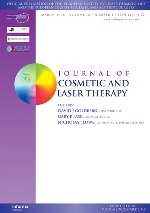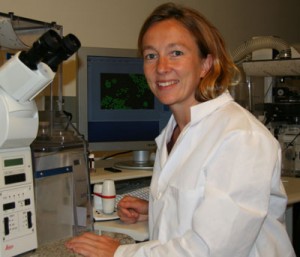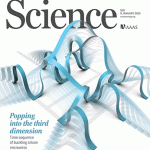 The Journal of Cosmetic and Laser Therapy has retracted a 2014 paper by a group of South Korean researchers after determining that the authors had doubled up on their publishing odds by submitting the manuscript to a competing journal.
The Journal of Cosmetic and Laser Therapy has retracted a 2014 paper by a group of South Korean researchers after determining that the authors had doubled up on their publishing odds by submitting the manuscript to a competing journal.
The article was titled “A comparative study of low-fluence 1064-nm Q-switched Nd:YAG laser with or without chemical peeling using Jessner’s solution in melasma patients,” and it purported to find that:
This study suggests Jessner’s peel is a safe and effective method in the early course of treatment for melasma when combined with low-fluence 1064-nm Q-switched Nd:YAG laser.
Continue reading Duplicate submission forces retraction of derm laser paper








